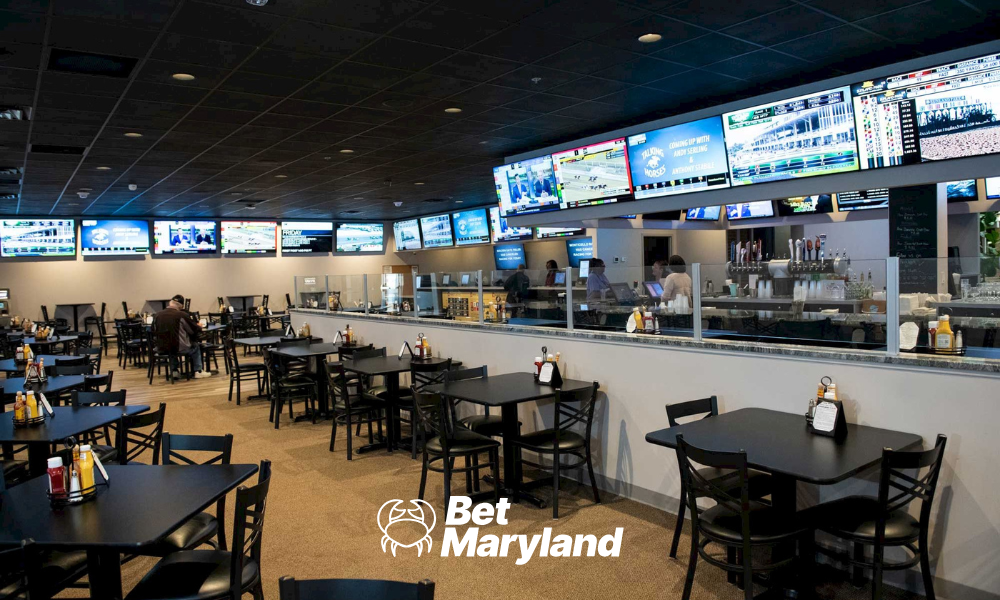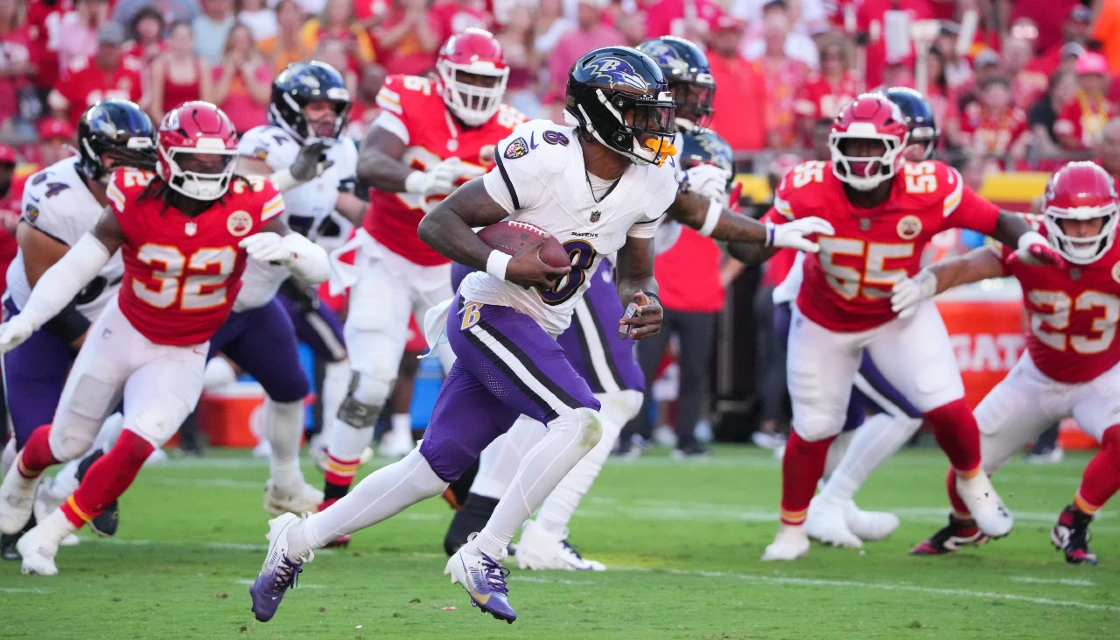In November, Maryland’s six casinos had a slight slide in revenue from the previous month. For November, casino revenue was a little more than $157.7 million. That was a drop of about 1.3% from October.
A possible factor in the small month-to-month decrease is that there was one more Sunday in October compared to November.
In a same-month, year-over-year comparison, November 2023 revenue was a decrease of 3.5% from November 2022 (about $163.4 million)
In terms of taxes, the casino gaming contribution to the state in November was $66.15 million, which was a 1.4% drop from $67.1 in October 2023, and a decrease of 2.3% from November 2022.
Betting is legal at retail casinos, but Maryland online casinos are not yet legal.
The lion’s share of casino taxes go toward education in Maryland. Of the $66.15 million in casino taxes for November, $47.73 million went to the Education Trust Fund. Other purposes served by casinos taxes are communities and jurisdictions where the casinos are located, Maryland’s horse racing industry, and small, minority- and women-owned businesses.
How Each Casino Fared
For Maryland’s six casinos, the November 2023 revenue figures were:
- MGM National Harbor in Prince George’s County, $66,641,884, a decrease of 6.9% from November 2022.
- Live! Casino & Hotel in Anne Arundel County, $58,030,400, an increase of 1.6% from November 2022.
- Horseshoe Casino Baltimore in Baltimore City, $14,600,437, a decrease of 10.6% from November 2022.
- Ocean Downs Casino in Worcester County, $7,066,674, an increase of 7% from November 2022.
- Hollywood Casino Perryville in Cecil County, $6,818,038, an increase of 0.1% from November 2022.
- Rocky Gap Casino in Allegany County, $4,561,060, a decrease of 6.5% from November 2022.
Maryland sports betting handle and revenue will be reported later this month.








